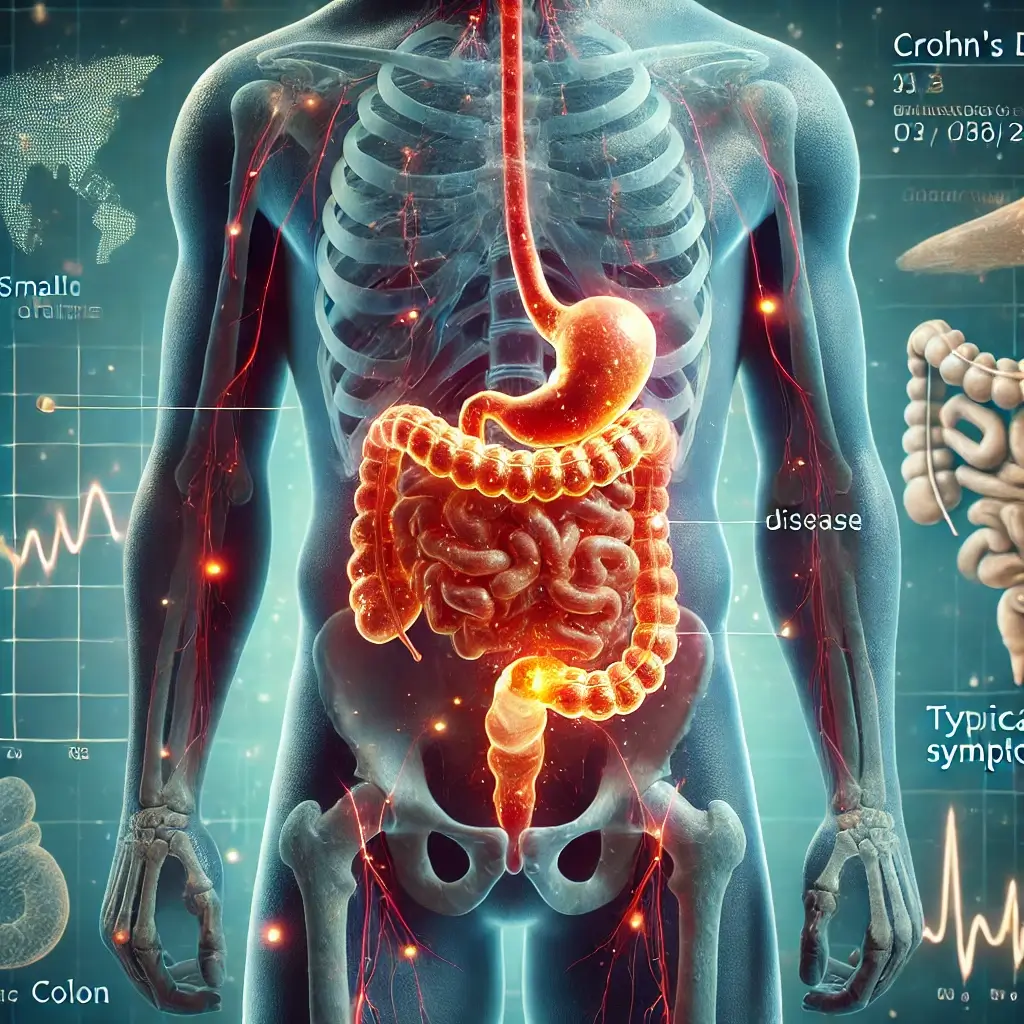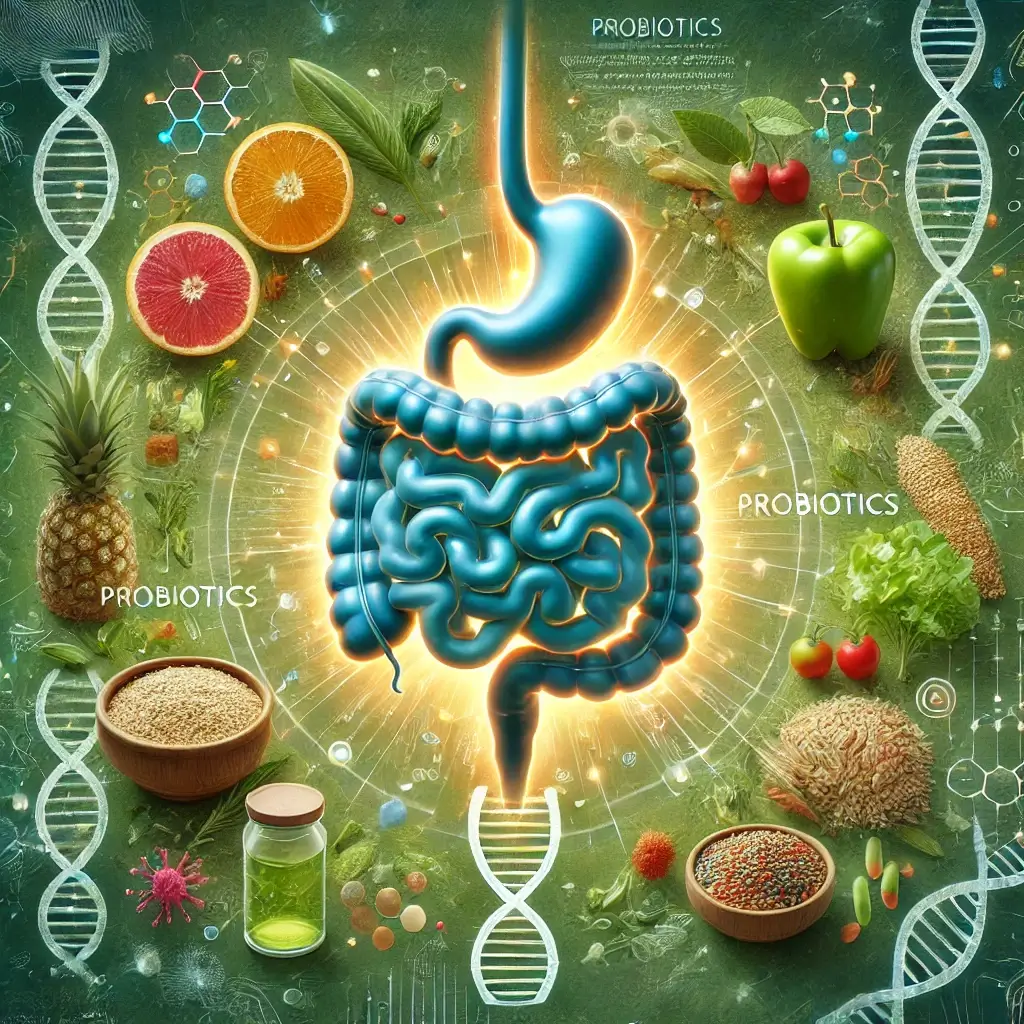Indeed, an excessive amount of sugar has the potential to disturb the equilibrium of gut microbiota and result in a condition known as dysbiosis. The presence of gut bacteria is crucial for numerous vital activities within the body, which encompass:
Gastric digestion
Assimilating nutrients
Enhancing the immune system
Manufacturing vitamins and minerals
Imbalances in gut bacteria can result in many health issues, such as:
Gastrointestinal; loose stools, difficulty passing stools, abdominal distension, excessive flatulence
Inflammatory bowel disease
Allergies
Excessive body weight or adiposity
Type 2 diabetes
Cardiovascular disease
Depression
Anxiety
Sugar has been widely recognized as a significant catalyst for the emergence of diverse health issues.
Sugar is a preferred nutritional source for various bacteria, including certain pathogenic strains. Excessive sugar consumption can lead to the proliferation of dangerous bacteria, which can outcompete and displace the beneficial bacteria. This can result in dysbiosis and the above health issues.
Sugar has been widely recognized as a significant catalyst for the emergence of diverse health issues. An under-recognized consequence of sugar consumption is its influence on the gastrointestinal tract. Consuming sugar can result in dysbiosis, a state characterized by an imbalance in the gut microbiota, with a disruption in the ratio of beneficial and harmful bacteria. Dysbiosis can result in many gastrointestinal problems, such as abdominal distension, irregular bowel movements, and loose stools.
Moreover, sugar consumption can also result in the proliferation of detrimental bacteria in the gastrointestinal tract.
However, there is more to it. Sugar can injure the gut lining, which serves as a protective barrier against the entry of hazardous compounds into the bloodstream. Pathogenic germs can readily traverse and infiltrate the bloodstream when the intestinal lining is compromised. Upon entering the bloodstream, these pathogenic bacteria can induce inflammation, hence giving rise to various health complications, such as autoimmune disorders, cardiovascular disease, and potentially even malignancies.
Moreover, sugar consumption can also result in the proliferation of detrimental bacteria in the gastrointestinal tract. This excessive growth can increase gastrointestinal tract permeability, allowing hazardous compounds to cross the intestinal barrier and readily reach the bloodstream. This can result in a condition known as leaky gut syndrome, which is linked to several health issues, such as chronic fatigue, depression, and autoimmune illnesses.
Restricting additional sugar consumption is crucial for maintaining the equilibrium of gut microbiota.
To summarize, the detrimental impact of sugar consumption on the gastrointestinal system is significant and should not be underestimated. Sugar disturbs the equilibrium between beneficial and dangerous bacteria in the gastrointestinal tract and impairs the integrity of the gut lining, facilitating the infiltration of detrimental bacteria into the bloodstream. To preserve optimal gastrointestinal well-being, it is crucial to restrict sugar intake and adhere to a diet abundant in dietary fiber, beneficial fats, and probiotics.
Restricting additional sugar consumption is crucial for maintaining the equilibrium of gut microbiota. According to the American Heart Association, women should limit their added sugar intake to 6 teaspoons (equivalent to 25 grams), and men should limit their intake to 9 teaspoons (equivalent to 38 grams).
Below are a few strategies to decrease your consumption of additional sugar:
- Thoroughly examine food labels and select items that have a minimal amount of added sugar.
- Consume natural sweeteners, such as honey or maple syrup, in limited quantities.
- Reduce your consumption of beverages that contain high amounts of sugar, such as soda, fruit juice, and sports drinks.
- Consume a generous amount of fruits and vegetables, as they have a naturally low sugar content and are rich in dietary fiber.
- By implementing these modifications, you can safeguard your gastrointestinal health and enhance your general state of being.

Dominic E. is a passionate filmmaker navigating the exciting intersection of art and science. By day, he delves into the complexities of the human body as a full-time medical writer, meticulously translating intricate medical concepts into accessible and engaging narratives. By night, he explores the boundless realm of cinematic storytelling, crafting narratives that evoke emotion and challenge perspectives.
Film Student and Full-time Medical Writer for ContentVendor.com




